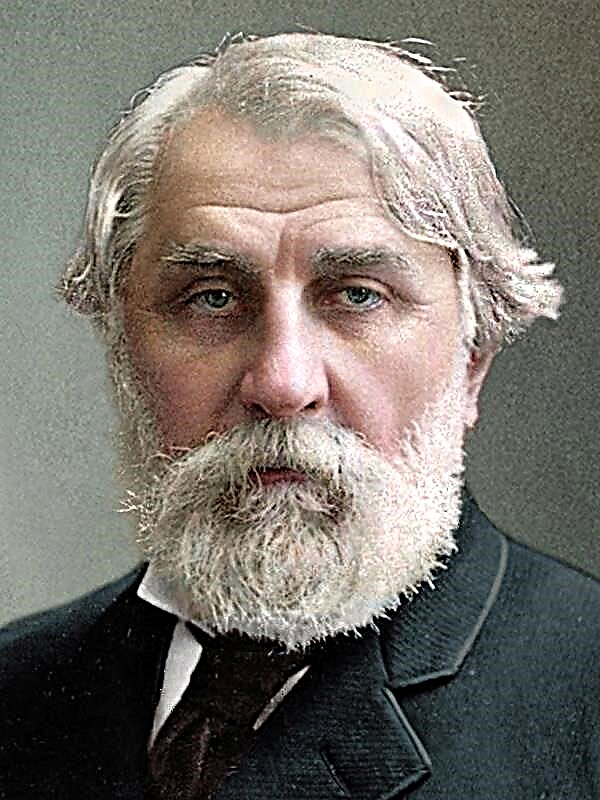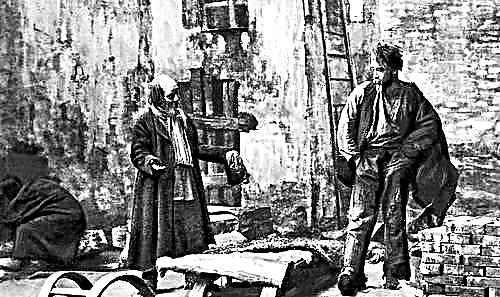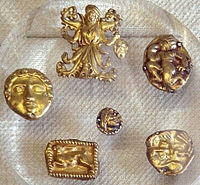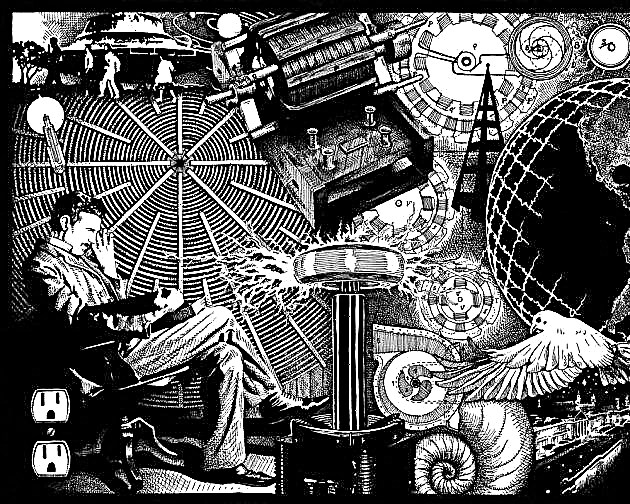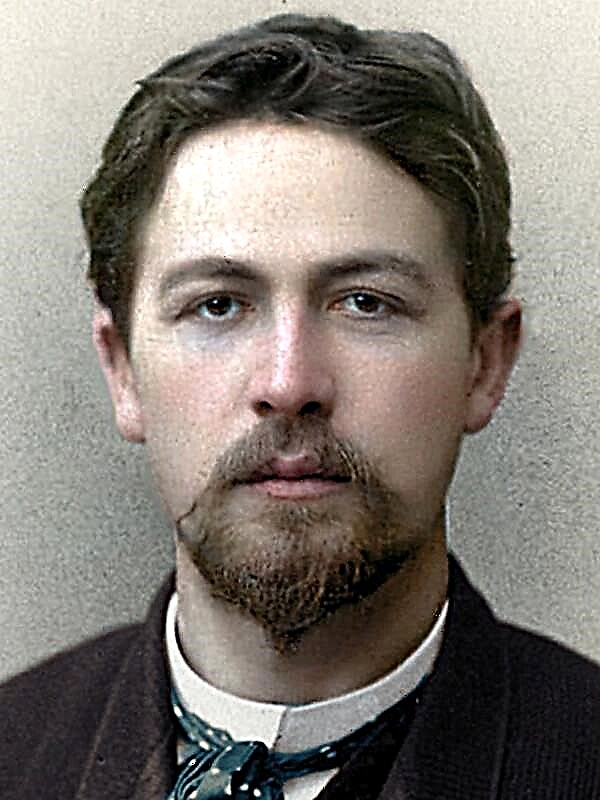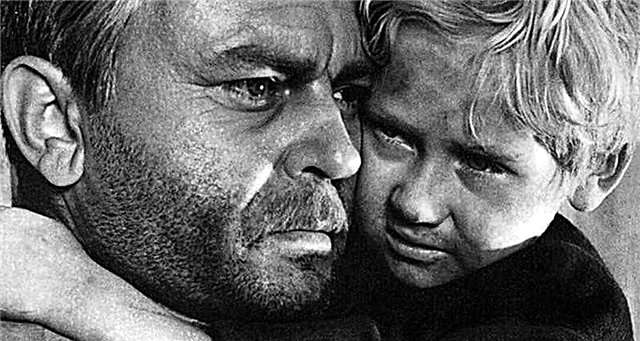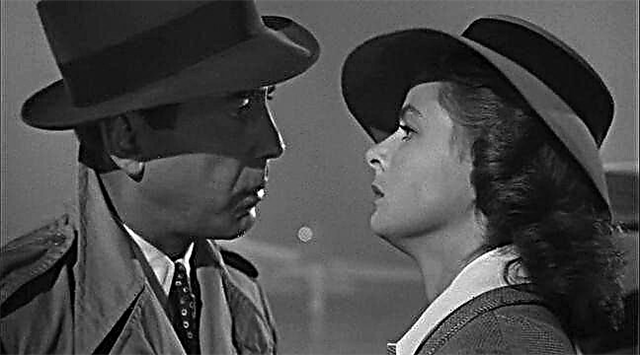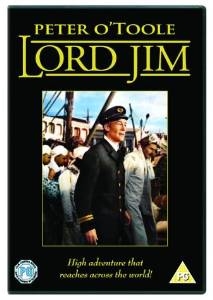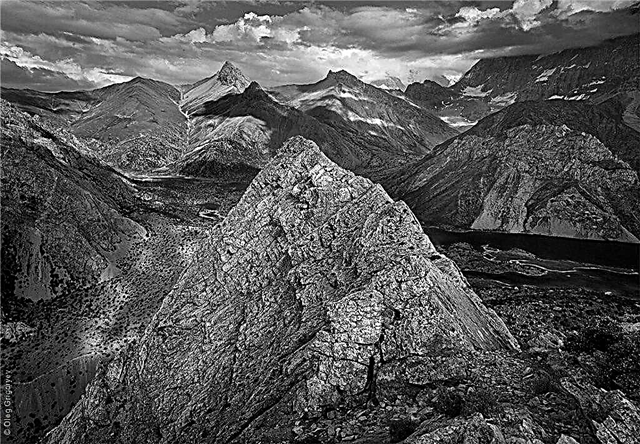Boris Pasternak is not only a famous, but also a recognized Russian poet of the 20th century. He has written over 500 works. There was a time that he wrote in the direction of futurism, that he was very close to Mayakovsky, but the author was bored with the complexity of the language and the rejection of traditions, so his position changed. The style has become light and laid-back. In the poem "To be famous ugly," he talks about his point of view about literary creation and about people who gave themselves to art.
History of creation
The poem of the famous Russian poet Boris Pasternak “Being famous is ugly” was created in 1956. It is among his creative works from the poetic collection "When It Goes Free". Then the author was subjected to numerous attacks in the press, and he was not pleased with such fame. Therefore, he warns his descendants: fame seems beautiful only when it is not. In fact, she is disgusting.
The author in his poems touched on many different topics: love, society, time, philosophy. At this stage of his life, Pasternak talked a lot about what the essence of creativity is in the life of every poet.
Genre, direction, size
In the poem, one can trace how Pasternak leads a philosophical thread and reveals all his thoughts about the goals of creativity, its process and results. Therefore, before us is the purest philosophical lyrics.
The poem is written in ever-changing dimensions: sponday - pyrrhic - iambic. Cross rhyme. Pasternak uses such transitions to freely convey his thoughts, so that people do not hesitate to heed what the poet is talking about.
Images and Symbols
The lyrical hero in the poem is, in fact, Pasternak himself. He goes a long way in search of the truth, the real, something genuine, and, as a result, comes to certain conclusions and conclusions, having learned from his own experience the essence of fame, public and recognition.
The lyrical hero is pacified and serene, his internal state has found harmony. He finally realized what a true creator is. Although the hero is self-confident, he does not cease to continue searching for better ways to realize his creative thoughts.
The path and trail are symbols of a creative and life path. The poet hides steps in the unknown, that is, opens new horizons to which people will follow in his footsteps. There he leads his call of the future.
Fog is the unknown, where the authors go whenever they invent something that has not yet happened.
Themes and moods
The mood of the poem is solemn. The author speaks the truths that determine the essence of his worldview.
- Main theme - poet and poetry. The author discusses the creative path and mission of the creative person. He sees it not in glory, but in discovering something new for readers, something that has not yet happened. It is necessary to leave a significant mark in the area where you realize your potential.
- Parsnip affects the problem of dedication. Not each of us is able to sacrifice a part of ourselves as a sacrifice to ideals and aspirations. People want easy success without giving anything in return, but this achievement is shameful, according to the author.
- The author also says true and false recognition. The poet must create “without imposture,” history will appreciate his place, and not himself. You should not ascribe to yourself a significance that is not really there, because it makes no sense to leave behind a pile of papers if you haven’t responded to anyone in the memory of people.
- The poem can be traced self search topic, your style, your direction. Only stepping into the unknown, into new open spaces at the call of the future, can you create something truly meaningful.
- Also important modesty topic: you need to relate to yourself and others without the vain desire to splurge. Even undeniable merits must be recognized without too much bragging.
- In addition, an important role in the poem plays glory issue. Many artists do not stand the test of success and recognition, but it is so important to always be yourself, not attaching importance to the lightweight and fickle love of the crowd.
Main idea
The main idea of the poem is that the significance of the creator does not depend on the number of works written by him, not on the cries and flattery of the crowd, not on recognition of power, but on how he contributes to eternity, how valuable his creations are on the scale of history. Only pioneers should own the laurels of genius, because humanity is moving in their wake.
As a mentor, Pasternak encourages writing not for fame and fortune, but for society, for his listener, for the future. The poet is trampling the road into the unknown to lead people along - this is the meaning of his mission. But even if he manages to do this, one must not forget about modesty. And victories, and the love of the audience, and fame must be treated adequately. You don’t have to revel in this, because the poet is an artist of the word, called up by the future himself, and not an impostor who does everything for his own benefit.
Means of artistic expression
Parsnip uses verbs and participles to express and convey their emotional mood. But, besides them, other ways of artistic expression can be noted, such as the epithets of the “living trace” and the “single lobule”.
The hero is immersed in the obscurity of the future, "how the terrain hides in a fog" - this is a comparison. The author often uses antitheses: “defeat” and “victory”, “hype” and “love of space”. Pasternak also lends particular poem to the poem thanks to phraseologisms: “to be a parable on the lips of all,” “not to see a zgi,” and “a span for a span”. Behind the metaphor of “leaving gaps in fate”, the author hides the call to search for himself, to thoughts about self-knowledge.
In the last quatrain, the poet resorts to the use of repetition, which increases the meaning of this word and gives the poem “To be famous ugly” an even more emotional coloring:
But to be alive, alive and only
Alive and only to the end


